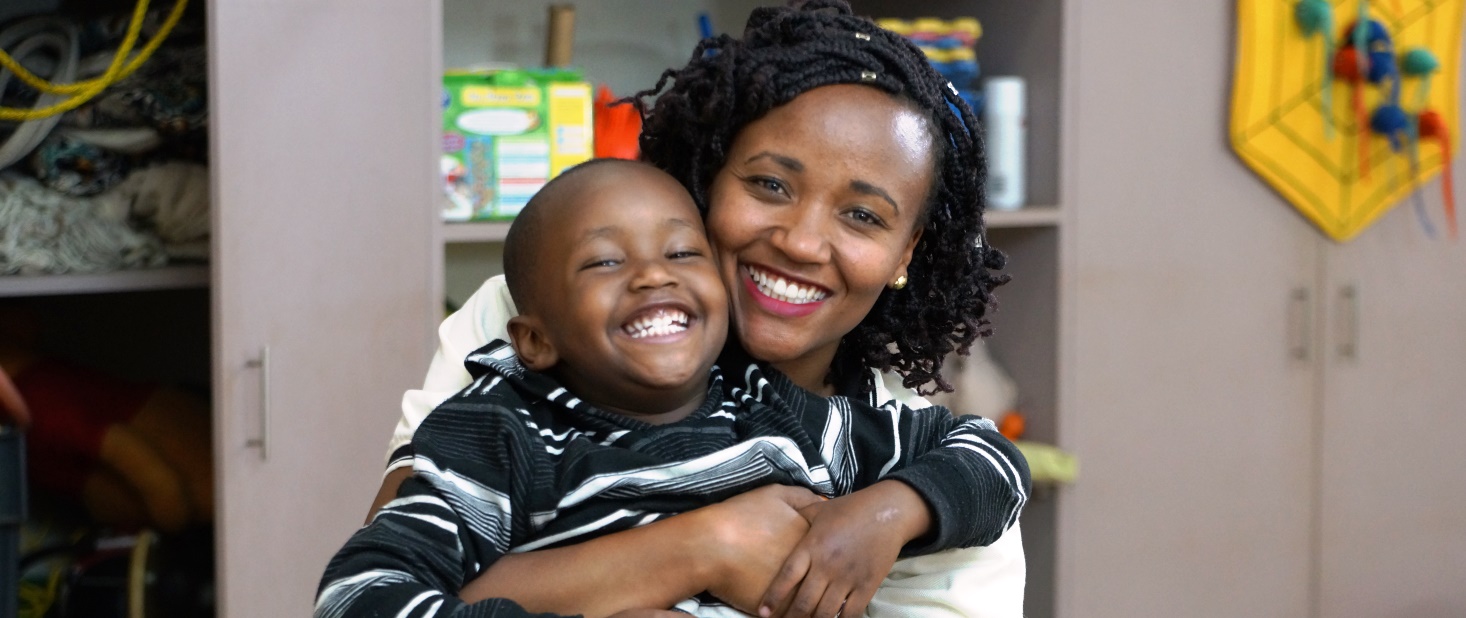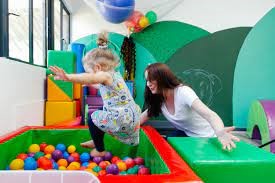
What is play? Play is any activity, whether physical or mental leisure activity, that is done for amusement. In occupational therapy, play refers to any unplanned or planned child-directed activity that involves the child interacting with their environment and offers enjoyment, entertainment, amusement, and diversion.
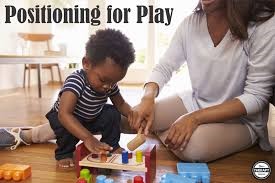
There are four stages of play, according to Jean Piaget’s theory of cognitive development; functional play, constructive play, symbolic play, and games with rules. The stages of play are part of how children learn about the world as they move through the stages of cognitive development.
Functional Stage
Functional play is when very young children engage their senses to examine items. Functional play is a form of everyday object or loose-part play that occurs when a child uses all of their senses to understand an object fully.
Constructive Stage
At this stage, children use the items they have been exploring on purpose. A child starts drawing with markers instead of mouthing or gathering them. A child starts to stack and build with blocks rather than banging or throwing them.
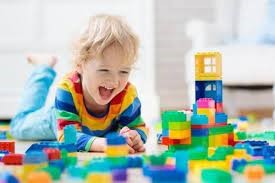
Symbolic/Fantasy Stage
This third stage is when children integrate material objects into their pretend play. Simple creative activities involve using a block as a phone. Role-playing is a form of advanced symbolic play. Children can think abstractly and utilize their imagination to broaden their play.
Games With Rules Stage
Children may participate in “games with rules” when comprehending and adhering to various rules. “Games with rules” are frequently played in groups but can also be played alone. The regulations serve as a guide for performing an activity.
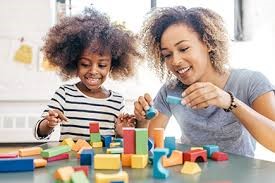
According to occupational therapists, children’s primary activity/occupation is play. It occupies much of the child’s time, especially during their early years. Play enables children to make sense of the world and learn from it. Using play as a tool can help your child improve his or her abilities and attain his or her goals.
Play and occupational therapy give children beautiful opportunities to regain their independence and enhance their quality of life. Play is a child’s primary means of learning, developing, engaging, and growing.
Children are encouraged to play by occupational therapists by lying on the floor next to them, imitating their actions, joining in on their imaginative games, and gently encouraging them to interact with the therapist. Doing this develops the therapeutic relationship’s key component- trust.
Here below is a list of the several areas your child develops when they play:
- Interaction and communication skills
- Strengthening both fine and gross motor skills
- Increasing self-control and emotional resiliency
- Integration of the senses
- Executive functioning abilities
- Feeling confident
- Teaching transition
- Coping skills
- Creativity
- Balance and coordination
-
Previous Post
Pediatric Occupational Therapy

